The Rich History of Essaouira: Morocco's Coastal Gem
Essaouira, a picturesque city on Morocco's Atlantic coast, is a place where history and culture intertwine. Known for its historic medina, beautiful beaches, and vibrant arts scene, Essaouira's past is as captivating as its present. Here’s a journey through the rich history of this enchanting city.
Ancient Beginnings: The Carthaginian Era
The history of Essaouira dates back to ancient times. The area was first inhabited by the Phoenicians and later the Carthaginians, who established a trading post called Arambys in the 5th century BCE. The region's strategic coastal location made it an important hub for maritime trade, connecting North Africa with Europe and the Middle East.
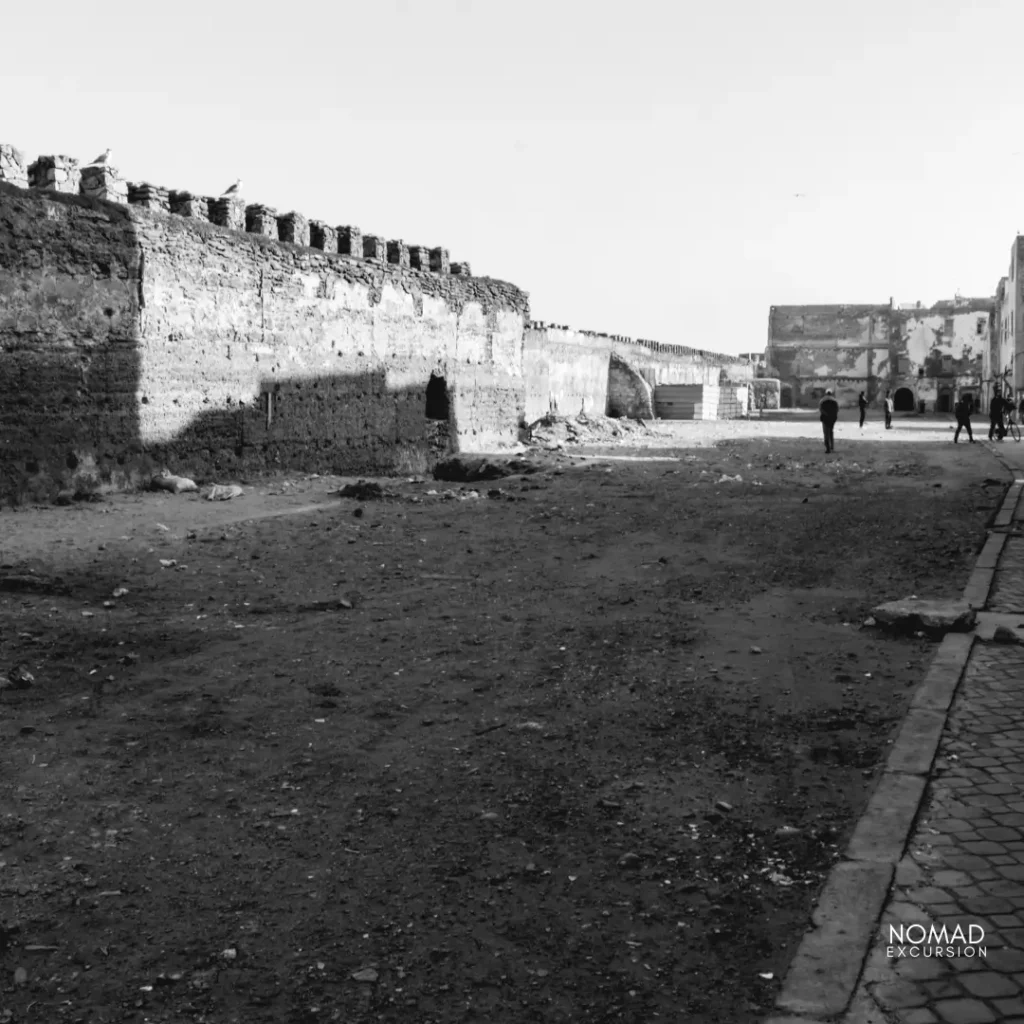
Roman Influence and the Berber Kingdoms
After the fall of Carthage, the Romans took control of the area, incorporating it into the Roman province of Mauretania Tingitana. Although the city of Essaouira as we know it today had not yet been established, the region remained a vital trade center. Over time, Berber kingdoms rose to prominence, maintaining control over the coastal and inland areas.
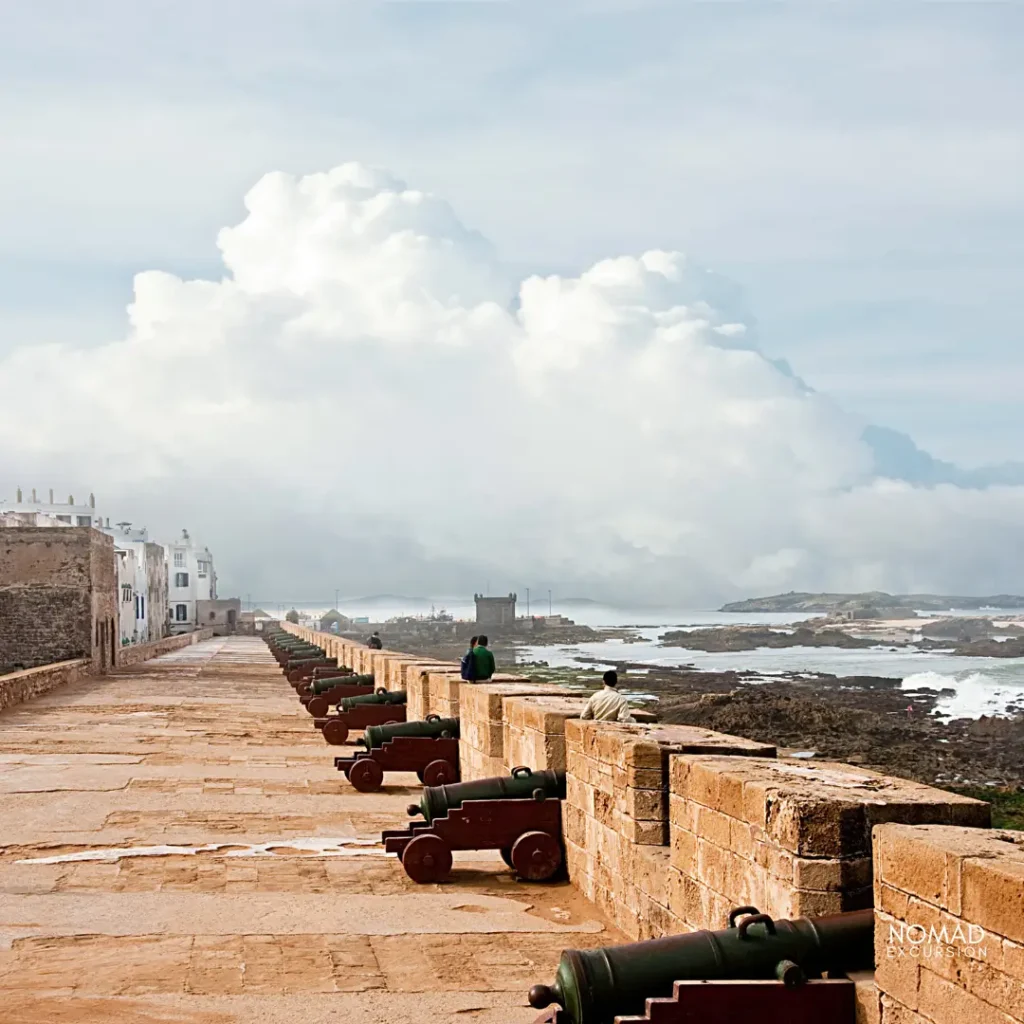
The Foundation of Mogador: Portuguese and Saadian Rule
The modern history of Essaouira began in the 16th century when the Portuguese established a fortress called Castelo Real de Mogador on the island just off the coast. However, they faced fierce resistance from local Berber tribes and eventually abandoned the fort. The name “Mogador” is believed to have originated from the Berber word “Amegdul,” meaning “well-protected.”
In the mid-18th century, Sultan Mohammed ben Abdallah of the Saadian dynasty recognized the strategic importance of Mogador. He enlisted the help of French engineer Théodore Cornut to redesign and fortify the city. Cornut's work laid the foundation for the medina and the port, which remain central to Essaouira's charm today.
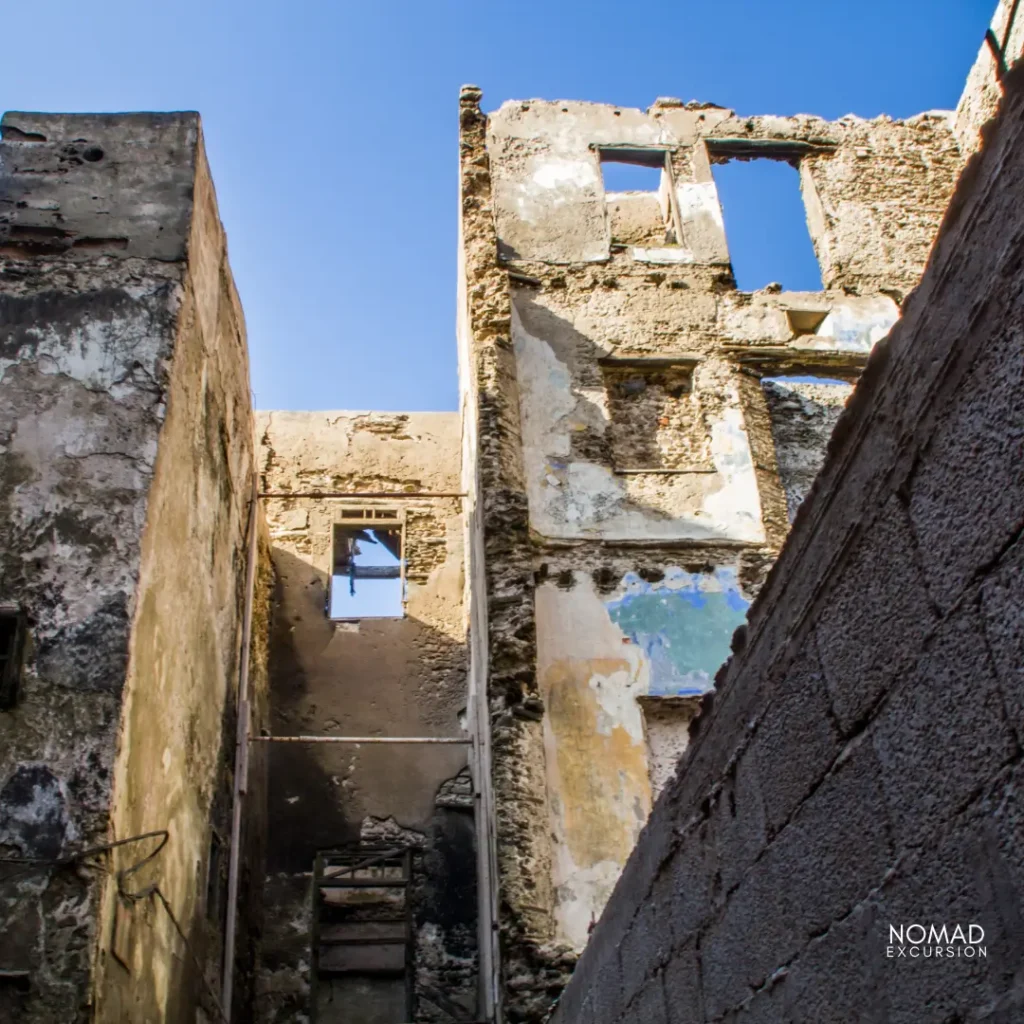
Essaouira: The "Wind City of Africa"
Renamed Essaouira, meaning “the beautifully designed,” the city flourished as a major port and trading hub. It became a melting pot of cultures, with Arab, Berber, African, and European influences. The city’s fortifications, including the impressive Skala de la Ville and Skala du Port, were constructed during this period, showcasing European military architectural styles.
Essaouira's port played a crucial role in the trans-Saharan trade routes, exporting goods such as grain, salt, and sugar, and importing textiles, tea, and manufactured goods. The city also became known for its thriving Jewish community, which significantly contributed to its commercial and cultural life.

Colonial Era and Modern Times
During the late 19th and early 20th centuries, Essaouira's importance as a port began to decline with the rise of other Moroccan ports such as Casablanca and Agadir. In 1912, Morocco became a French protectorate, and Essaouira's economy stagnated under colonial rule.
Following Morocco's independence in 1956, Essaouira experienced a revival. The city attracted artists, musicians, and writers, drawn by its bohemian atmosphere and unique blend of cultures. Essaouira gained international fame in the 1960s when it became a popular destination for celebrities and counterculture figures, including Jimi Hendrix and Cat Stevens.
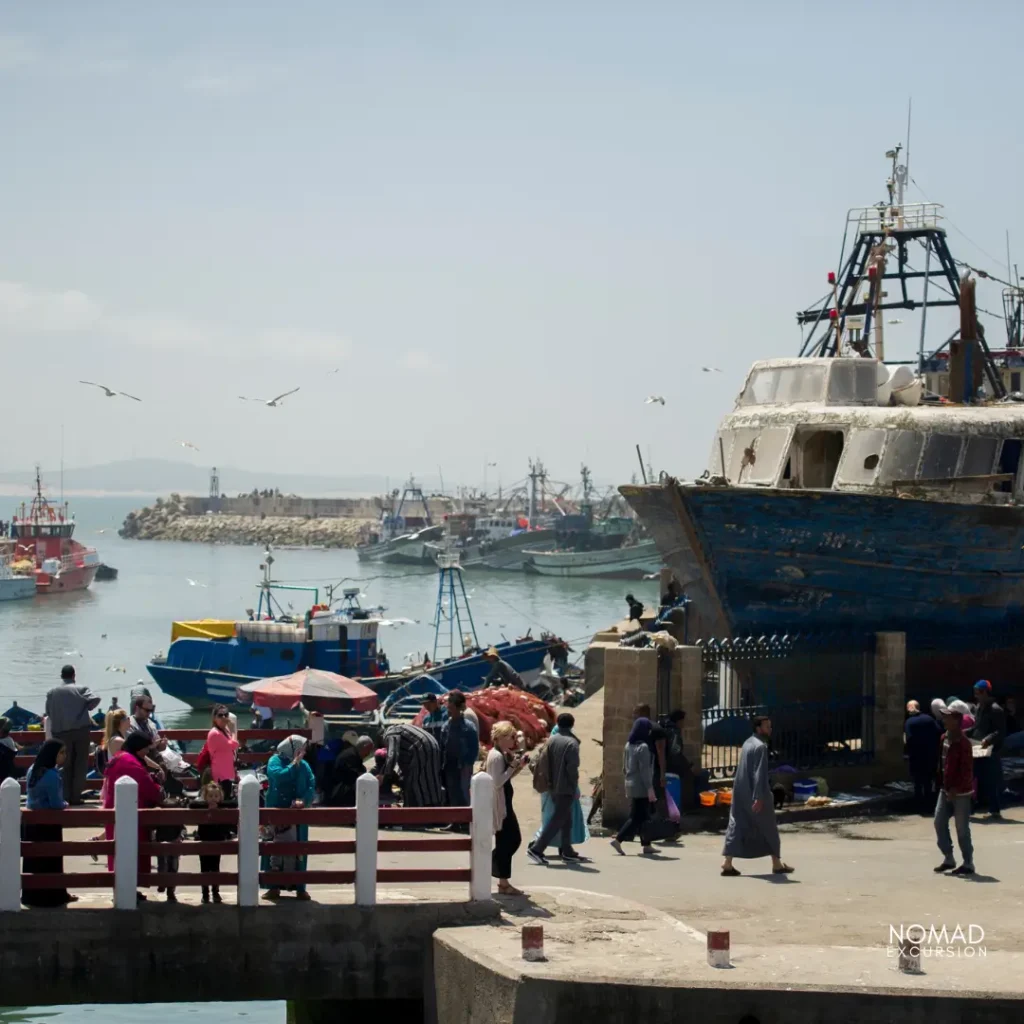
A UNESCO World Heritage Site
In 2001, Essaouira's medina was designated a UNESCO World Heritage Site, recognizing its historical and cultural significance. Today, Essaouira is known for its well-preserved architecture, vibrant arts scene, and annual music festivals, such as the Gnaoua World Music Festival, which celebrates the city's rich musical heritage.
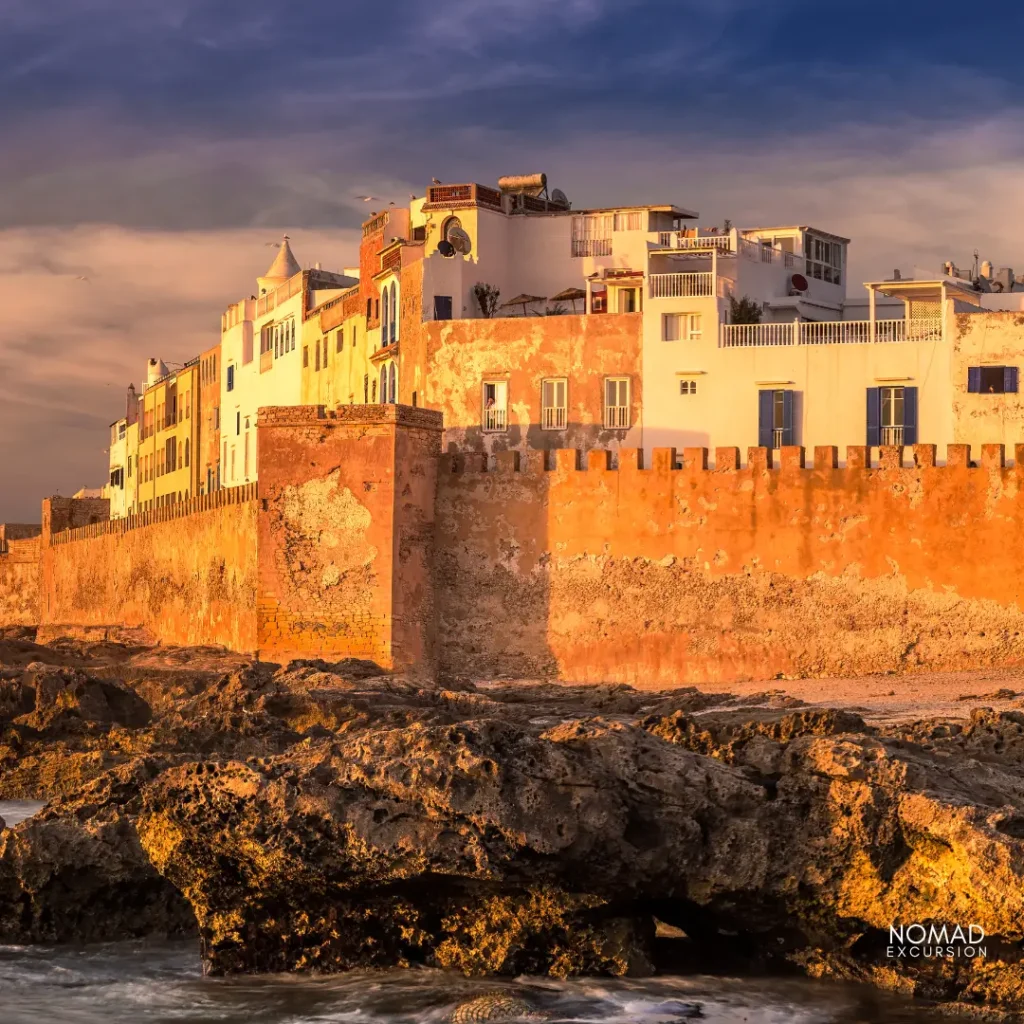
Conclusion
Essaouira's history is a testament to its resilience and enduring charm. From ancient trade routes and Portuguese fortresses to Saadian sultans and modern-day artists, the city has always been a place where cultures converge and creativity thrives. As you stroll through its winding streets, explore its historic landmarks, and enjoy its beautiful beaches, you'll feel the echoes of Essaouira's fascinating past, making your visit truly unforgettable.
